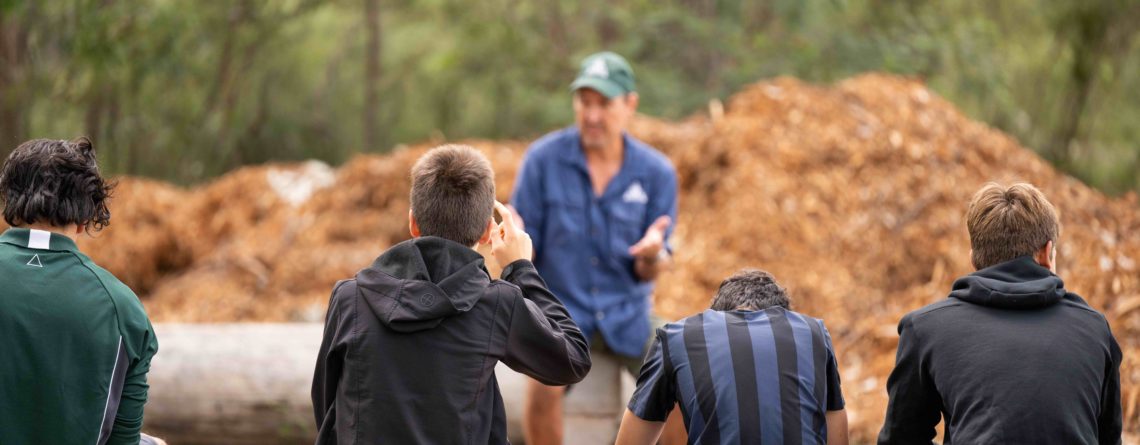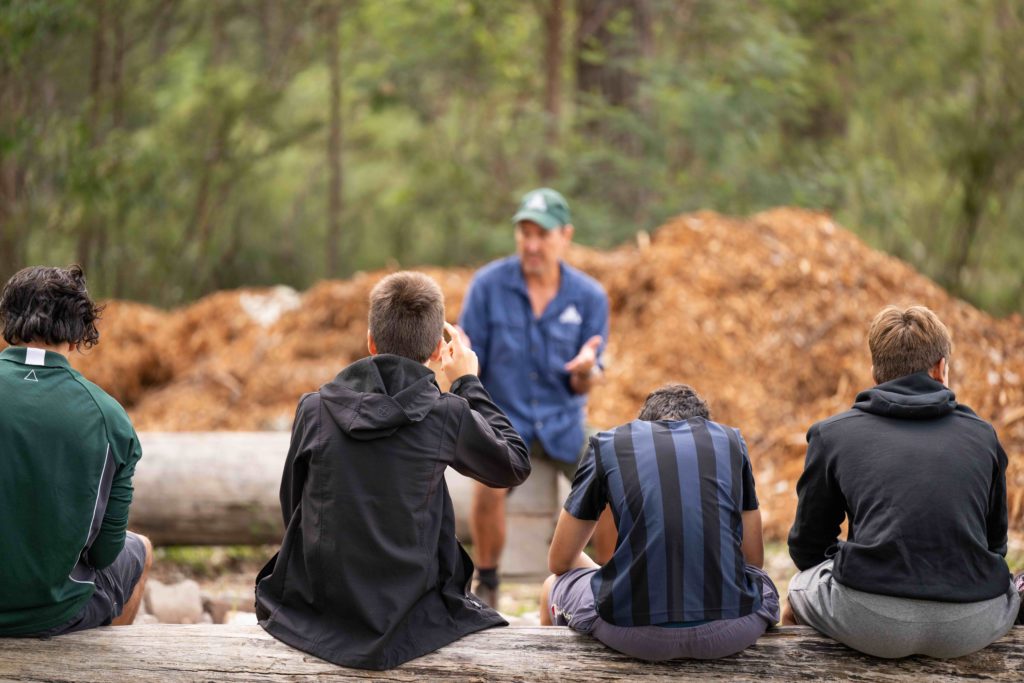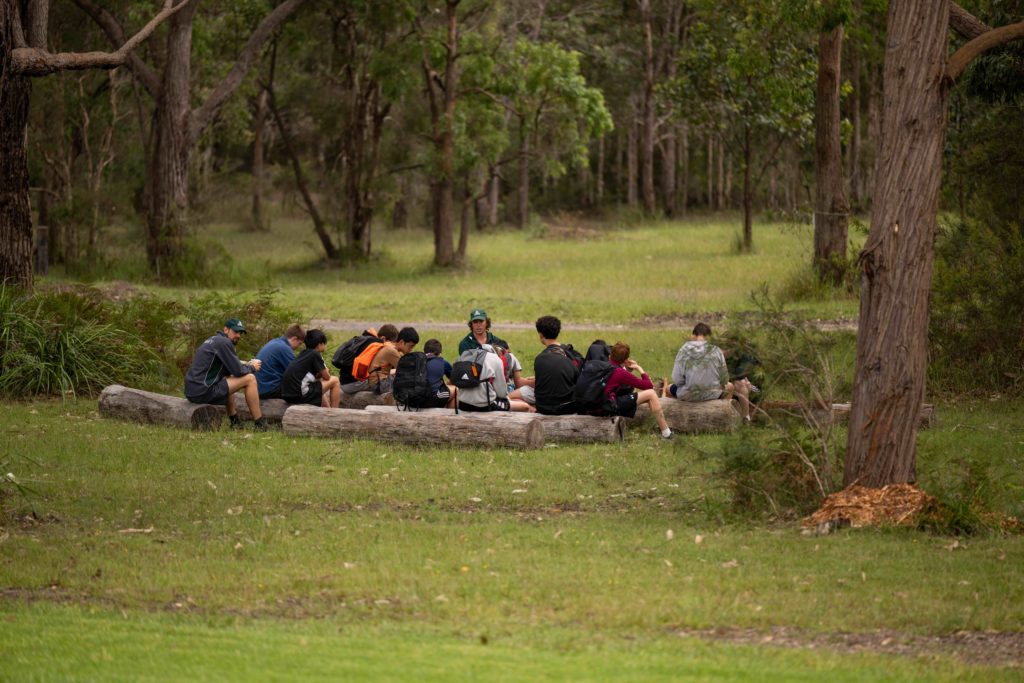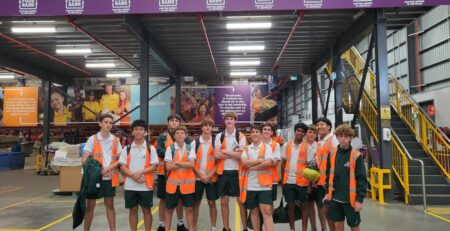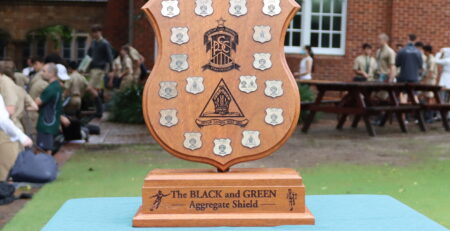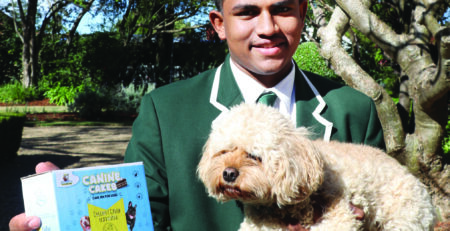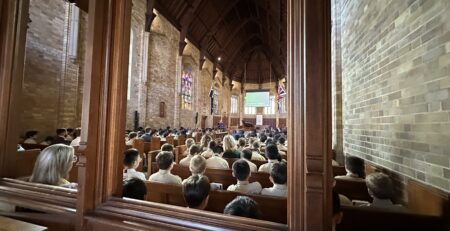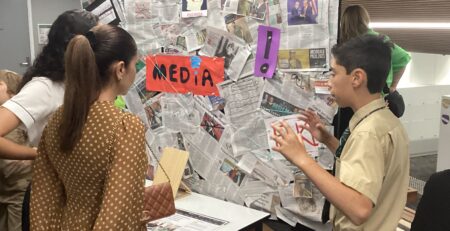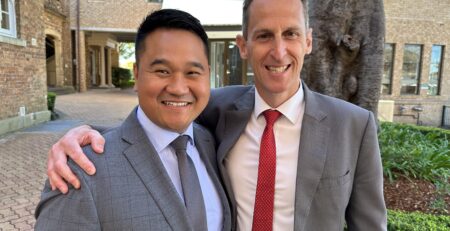Researching for the future
Study to determine impact of Field Studies Programme
Trinity has embarked on a four-year programme of research relating to the educational outcomes of the term-long Year 9 Woollamia Field Studies Residential.
The study seeks to integrate high quality research to determine the impact of the Field Studies Programme on student outcomes and therefore inform the on-going programme. The study has two phases. The first phase included some preliminary work that was conducted during 2021 that sought to find out about student impressions of the programme. The second phase of the study, starting in 2022, over three years, seeks high quality and ethics approved research through the University of Newcastle relating to some of the themes that emerged from the first phase of the study.
Phase 1: Photo elicitation interviews
During 2021, three groups of Year 9 boys from each of the Field Studies residentials were interviewed to find out about their impressions of the programme. These boys had taken photos for the duration of their time at Woollamia and were interviewed, using the photos they had chosen, to tell the story of their own personal experience of the four-week programme.
Their stories and reflections of mateship, leadership and the skills that they had learned, indicated that the experience for many boys is profound and that they grow in independence. According to one boy who had felt that developing new friends was important to him, “I didn’t know most of these boys when I left, and now they are my close friends.”
Several students also agreed: even though some of the boys initially were not grouped with their own friends, they were surprised to quickly find new friends in this setting and form strong teams.
Teamwork and leadership were two skills that all boys felt that they had developed and was supported by the FSC staff. According to one, “Working as a team made it a whole lot easier … and I learned about perseverance.”
All of the boys who were interviewed were very reflective of leadership; one had learned a lot about his own leadership style and gained rich insight into leadership characteristics: “Leaders are not the most arrogant, but it is about caring about everyone, including the quiet people who have value.”
For others, the natural environment experience was important to them, particularly after extended outdoor activities and outdoor camps. One boy felt that the outdoor experiences were the most important part of the Field Studies Centre experience: “Main part of camp for me was being close to Australian nature”. During one of the overnight camps one of the boys said, “The moon sort of looked blue. On that night I was really fascinated by the sky. I wish we had more time camping and less in the cabins.” Despite some of the challenges that they had experienced in the outdoor environment there was an obvious appreciation of the natural environment by many of the boys.
The recurring themes of increased well-being, self-esteem, character development and self-perception were expressed by boys immediately after the programme, yet there is little known if this effect is long-lasting. The second phase of the study seeks to research the impact of the 10-week program and the longevity of these characteristics.
Phase 2: Longitudinal study
The launch of a research programme in partnership with the University of Newcastle will be implemented in Term 3 2022 and will investigate student well-being, self-esteem, character, self-perception and the impact of the term-long Week Field Studies programme experience. The longitudinal study will focus on the Year 9 cohorts of 2022 and 2023 over a three-year period. The research team will be led by Associate Professor Narelle Eather and Associate Professor Scott Imig who have designed the study and will be working with the Trinity staff, led by Trinity’s Director of Research, Deborah de Ridder.
Year 9 boys in 2022 and 2023 will be encouraged to take part in this study which has important implications for the on-going development of the Field Studies Centre Programme. Students who consent to be a part of the study will complete a survey before and after their FSP residential, they might be also asked to join a student focus group or be interviewed for each year of the study. The study will also include teacher perspectives and Trinity staff members will also be invited to participate. Findings of this study will be reported each year and used to inform the on-going programme.
This is an important research project and one that will inform the Field Studies Programme into the future by providing the school with high quality evidence. All boys are encouraged to participate: invitations, consent forms and detailed information are distributed to Year 9 boys prior to each Field Studies Programme.

